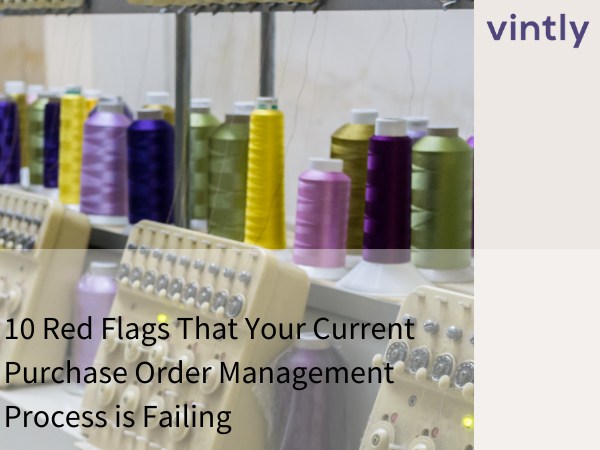Sustainability Certifications in Fashion: What Really Matters to Buyers
With sustainability no longer a trend but a baseline expectation, fashion brands are under pressure to walk the talk. Buyers today want more than buzzwords—they want evidence. And that evidence often comes in the form of third-party sustainability certifications that validate a brand’s ethical and environmental claims.
But with so many logos and labels floating around, which ones actually influence buying decisions?
Why Certifications Matter
Sustainability certifications act as independent proof that a fashion brand meets specific standards—whether that’s fair labor, eco-friendly production, or chemical safety. For conscious consumers, especially Gen Z and millennials, these certifications provide the transparency and trust needed to support a brand.
They also help brands stay ahead of increasing regulations, such as the EU’s Corporate Sustainability Due Diligence Directive (CSDDD), and prepare for future ESG reporting requirements.
What Buyers Are Actually Looking For
Not all certifications are created equal. Some are highly recognized and trusted, while others lack clear criteria or oversight. Here are several that continue to resonate with conscious consumers:
- GOTS (Global Organic Textile Standard) — Recognized for its strict criteria on organic materials and ethical processing.
- OEKO-TEX® STANDARD 100 — Assures consumers that garments are tested for harmful substances.
- Fair Trade Certified — Promotes better wages and working conditions for garment workers.
- B Corp Certification — While broader than just fashion, B Corps must meet verified standards of social and environmental performance.
According to EcoWatch, these certifications consistently top the list of those consumers trust when shopping for sustainable apparel.
How to Use Certifications Strategically
Securing certifications is one thing—maintaining them and applying them strategically across your supply chain is another. Fashion brands need to assess which certifications align with their values, product categories, and customer base.
To truly integrate certifications into a strong supply chain strategy, brands must also assess and audit their suppliers. Our own post on Why Supplier Audits Are More Critical Than Ever explains how audits work in tandem with certifications to prevent greenwashing and ensure consistent ethical standards.
Closing Thoughts
Certifications are more than just symbols—they’re signals of accountability. And as consumers grow more informed, only those brands that can prove their claims with recognized, trusted standards will stand out.
Fashion brands that invest in the right certifications, audit their suppliers regularly, and communicate with transparency will not only earn consumer trust—but lead the way toward a more ethical and sustainable industry.
.png)


